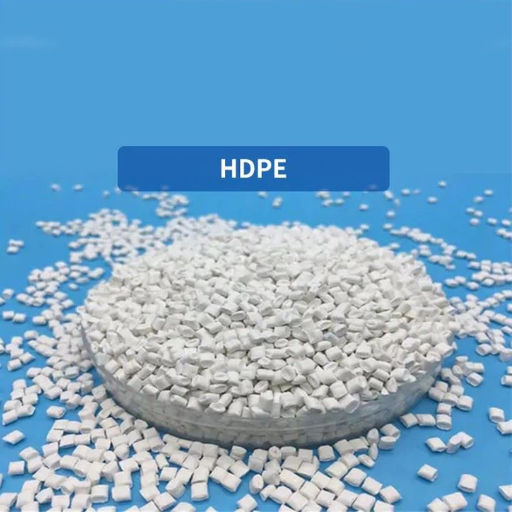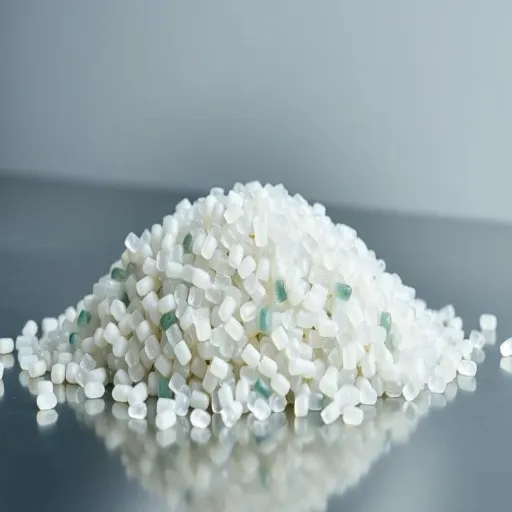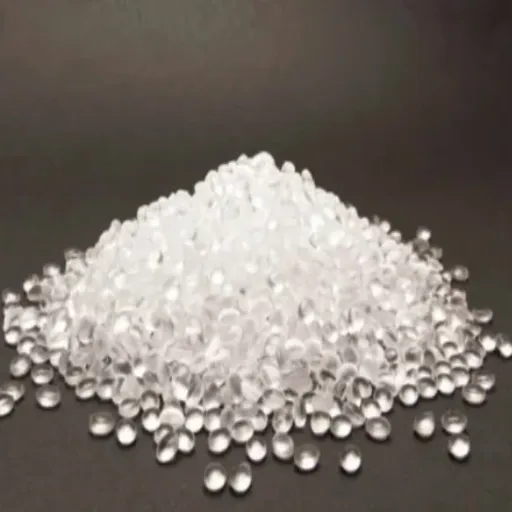With China assuming a global leadership role in the HDPE pellet manufacturing and supplying industry, an essential actor in every process from packaging to construction, numerous manufacturers are trying to gain the limelight. Thus, choosing the most trustworthy and excellent suppliers among them may pose a dilemma. This guide, thanks to the detailed study conducted on the top 10 HDPE pellet manufacturers in China, aims to make your choices easier. Whether it is for supply chain optimization, production efficiency, or material consistency, this highly sought-after list has employed the criteria of quality, reliability, and innovation to distinguish the best from the best. Continue learning about the suppliers who have earned the trust of the HDPE producers’ world and how they will leverage this trust to drive profits for your business.
1. Sinopec
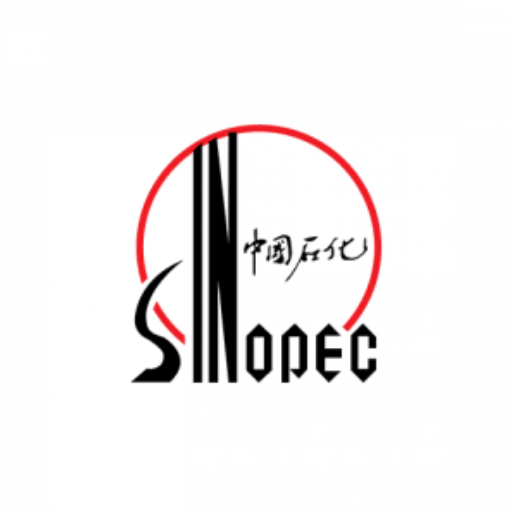
Year Established: 1983
Sinopec, officially the China Petroleum & Chemical Corporation, is considered one of the largest conglomerates in China, encompassing energy and chemicals. With their extensive product range, including HDPE pellets, Sinopec serves the packaging, construction, and automobile industries. Its high production rate and adherence to international quality standards make it a supplier of choice worldwide.
Main Products: HDPE pellets, LDPE pellets, polypropylene, polyethylene, and other petrochemical products.
Key Advantages: Tremendous production capacity, global reach, and strong quality control measures.
Key Disadvantage: Prices fluctuate in response to market conditions.
Website: www.sinopec.com
2. CNPC (China National Petroleum Corporation)
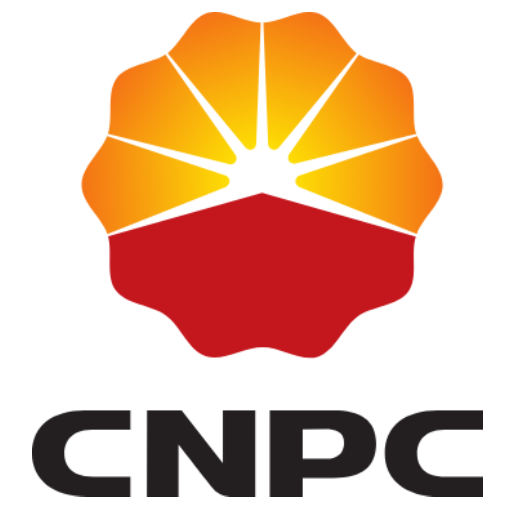
Year Established: 1988
The CNPC is a state-owned energy giant recognized worldwide for its petrochemical production. Its full range of HDPE pellets provides consistency in elasticity and durability for various applications in agriculture and transportation. It also prides itself on having the most modern plants and environmentally sustainable means.
Main Products: HDPE pellets, polyethylene, specialty resins, and related petrochemical products.
Key Advantages: Sustainability-oriented, huge distribution network, price competition.
Key Disadvantage: Working with small orders is somewhat limited.
Website: www.cnpc.com.cn
3. Shanghai SECCO Petrochemical Company
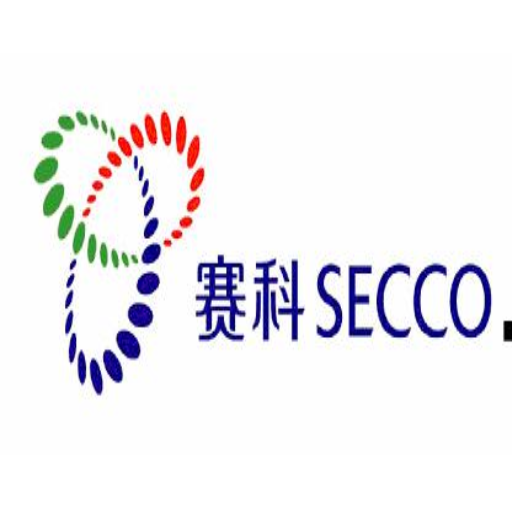
Year Established: 2001
Shanghai SECCO-JV between Sinopec, BP, and other organizations is recognized for innovative petrochemical solutions. The company supplies high-quality HDPE pellets to different markets, including industrial and consumer goods. With state-of-the-art manufacturing processes, the supply chain guarantees product quality.
Main Products: HDPE pellets, polypropylene, ethylene, and allied products.
Key Advantages: Advanced manufacturing technology and intense research and development amenities.
Key Disadvantage: Reliance on external partnerships for operation.
Website: www.seccosinopec.com
4. CNOOC and Shell Petrochemicals Company (CSPC)
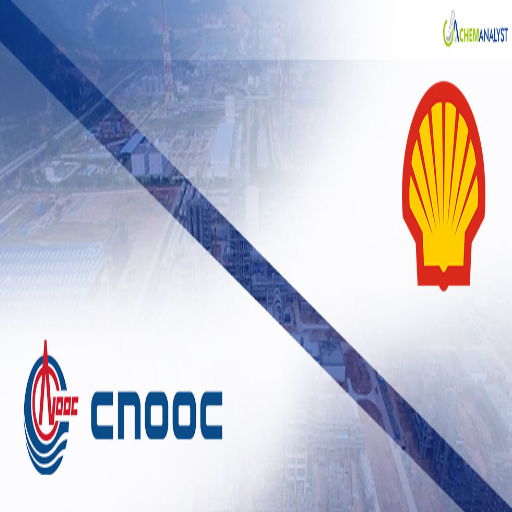
Year Established: 2000
CSPC is a prominent joint venture between CNOOC and Shell, evolving into a producer of high-quality petrochemicals, including HDPE pellets. The company leverages international expertise and state-of-the-art global facilities to deliver comprehensive, turnkey solutions to its customers.
Main Products: HDPE pellets, polyethylene, and ethylene oxide.
Key Advantages: A strong technical foundation, consistent quality, and eco-friendly operations.
Key Disadvantage: High reliance on global supply chains.
Website: www.cnooc.com
5. Wanhua Chemical Group
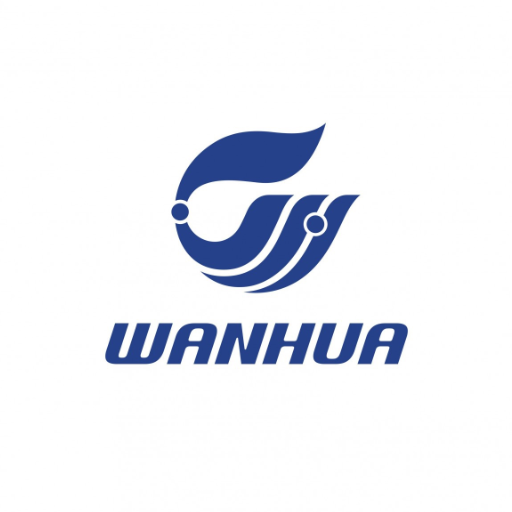
Year Established: 1998
Wanhua Chemical Group is one of the world’s largest producers of industrial chemical materials, including a vast array of HDPE pellets for use in the packaging, textile, and automotive industries. It ardently promotes the spirit of innovative research to maintain the highest standards and sustainable production.
Main Products: HDPE pellets, specialty chemicals, polyurethane products.
Key Advantage: Strong innovation and sustainability drivers, combined with competitive pricing.
Key Disadvantages: Small presence in small markets.
Website: www.whchem.com
6. Kingfa Sci & Tech Co., Ltd.

Year Established: 1993
Kingfa is a well-established name in the advanced materials arena, delivering a wide range of HDPE pellets and other polymer products. In most cases, their solutions find applications in various fields, including electrical, automotive, and packaging, with a significant emphasis on customization.
Main Products: HDPE pellets, engineering plastics, biodegradable materials.
Key Advantages: Extreme product customization; R&D-focused company.
Key Disadvantage: Availability of products is limited in specific regions.
Website: www.kingfa.com
7. China Shenhua Energy Company
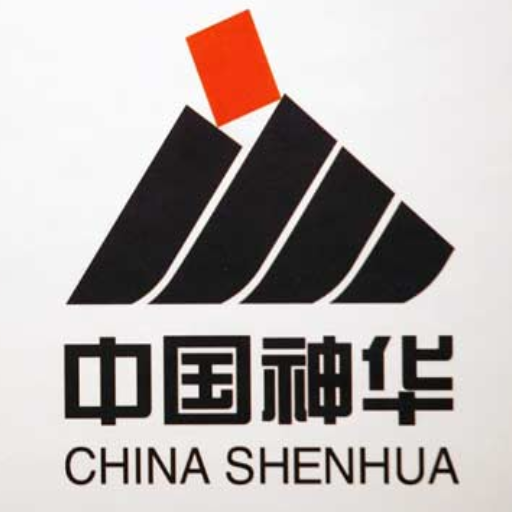
Year Established: 1995
In energy and chemical production, Shenhua specializes in the reliable supply of HDPE pellets to domestic and international markets. With environmentally conscious methods of operation and huge production capacities, it is a trustworthy option for companies.
Main Products: HDPE pellets, coal derivatives, and clean energy solutions.
Key Advantages: Sustainability and strong production infrastructure.
Key Disadvantage: Lack of product diversification.
Website: www.csec.com
8. Formosa Plastics Corporation (Ningbo)
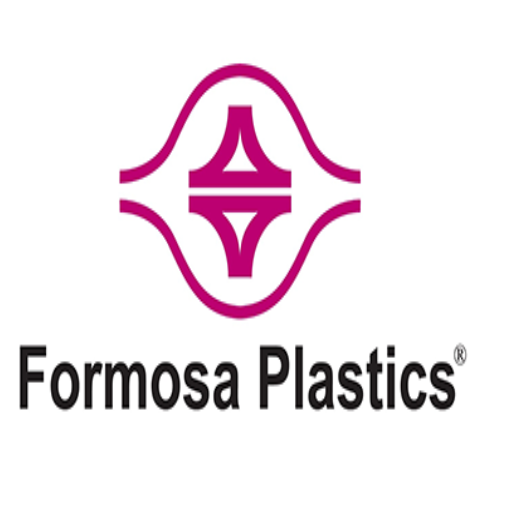
Year Established: 1994
In Ningbo, Formosa Plastics Corporation, a subsidiary of the Taiwanese giant, is known for supplying premium-grade HDPE pellets for food packaging, the medical industry, and construction. Their products meet the highest global standards in terms of excellent performance and reliability.
Main Products: HDPE pellets, LDPE, polypropylene, and vinyl chloride.
Key Advantages: The Product has excellent quality and meets international standards.
Key Disadvantage: Prices are much higher compared to local competitors.
Website: www.fpg.com.tw
9. Yongjin Chemical Industry Co., Ltd.
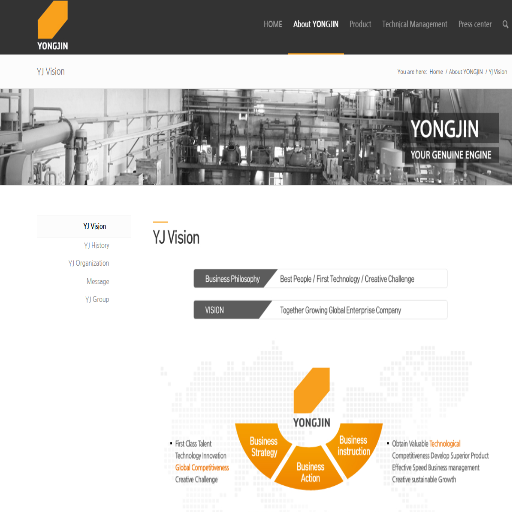
Year Established: 1996
Yongjin Chemical Industry has been a reliable supplier of HDPE pellets in China, ensuring the on-time delivery of raw materials to customers at various industrial bases, with a focus on producing high-quality polymer materials.
Main Products: HDPE pellets, polypropylene, and other polymeric materials.
Key Advantages: Cheaper price, extensive distribution network.
Key Disadvantage: Restricted product range.
Website: www.yongjinchem.com
10. Gansu Yinguang Chemical Industry Group Co., Ltd.

Year Established: 1965
With its establishment, Gansu Yinguang Chemical Industry Group was one of the earliest chemical manufacturing units in China. Hence, it deals with high-grade HDPE pellets in a manner that adheres to global standards for use in construction, agriculture, and packaging.
Main Products: HDPE pellets, chemical fertilizers, and other petrochemical products.
Key Advantages: Vast experience, quality consistency.
Key Disadvantage: Outdated product portfolio compared to newer competitors.
Website: www.ygchem.com
View Plastic Pellets Manufacturers in China
Frequently Asked Questions (FAQs)
What Are HDPE Pellets and Their Uses?
HDPE Pellets(high-density polyethylene pellets) are tiny plastic granules formed from high-density polyethylene resin. It is a thermoplastic material with a high strength-to-density ratio, making it suitable for various applications, including motor parts, plastic bottles, and plastic bags. HDPE, being an extremely versatile material, is used in injection molding and blow molding processes, which enables manufacturers to create an almost endless variety of products. HDPE pellets are resistant to both chemicals and abrasion, and thus find use in packaging and construction materials.
How to Choose a Reliable Supplier of HDPE Granules?
When searching for HDPE granule suppliers, consider quality assurance, raw materials, and customer reviews. Suppliers that provide virgin HDPE pellets are usually preferred for consistency in quality and performance. Recycled HDPE, on the other hand, offers a much more cost-effective and environmentally friendly option, and its supply capabilities should be assessed. The supplier should adhere to industry standards and provide a range of grades, in addition to the film grade and blow molding grade, to ensure that all manufacturing requirements can be met.
What Is the Difference Between HDPE and LDPE Pellets?
There are two main types of polyethylene plastics: HDPE and LDPE, which differ in their properties due to their distinct structures. For example, HDPE pellets are more problematic, which is why they are used to make heavy-duty containers, piping, and other similar applications. Whereas LDPE pellets are softer and less dense, making them suitable for manufacturing plastic bags, films, and other products. These distinctions help the manufacturers choose the resin. If the manufacturing process involves injection molding or extrusion, the decision will be made accordingly.
Advantages of Using Virgin HDPE Pellets?
Virgin HDPE pellets are made from poly and are known to have some specific benefits over their recycled counterparts. These pellets provide reproducible quality and mechanical properties, and are especially resistant to chemicals. Any application that requires high impact strength or durability will seriously benefit from the use of virgin HDPE, such as automotive components and heavy-duty containers. Furthermore, when using virgin HDPE pellets, the manufacturing process may perform better with injection molding, thus creating fewer defects in the products and ultimately delivering higher-quality goods.
Can Recycled HDPE Pellets Be Used in Manufacturing?
Despite being cheaper, this kind of pellet does not always perform exactly like virgin HDPE, making it supremely well-suited for producing various goods. Most recycled HDPE is converted into new and affordable plastic goods, such as bottles and containers, as well as some automotive parts, offering a sustainable option to manufacturers. Manufacturing costs are lowered when recycled materials are used. Still, it is imperative to ensure that the recycled HDPE is fit for purpose and meets all the requisite specifications for the end application. This could involve testing for mechanical properties and chemical resistance.
Which industries commonly use HDPE pellets?
HDPE pellets are the versatile raw material used by a variety of industries. Some of these industries are packaging, where it is used to make containers and plastic bags, and automotive, where high impact strength is needed for parts. Other sectors include construction for pipes and other structural materials, as well as consumer goods such as toys and household items. Manufacturers in these industries require high-quality HDPE granules for their production needs, whether through injection or extrusion methods.

